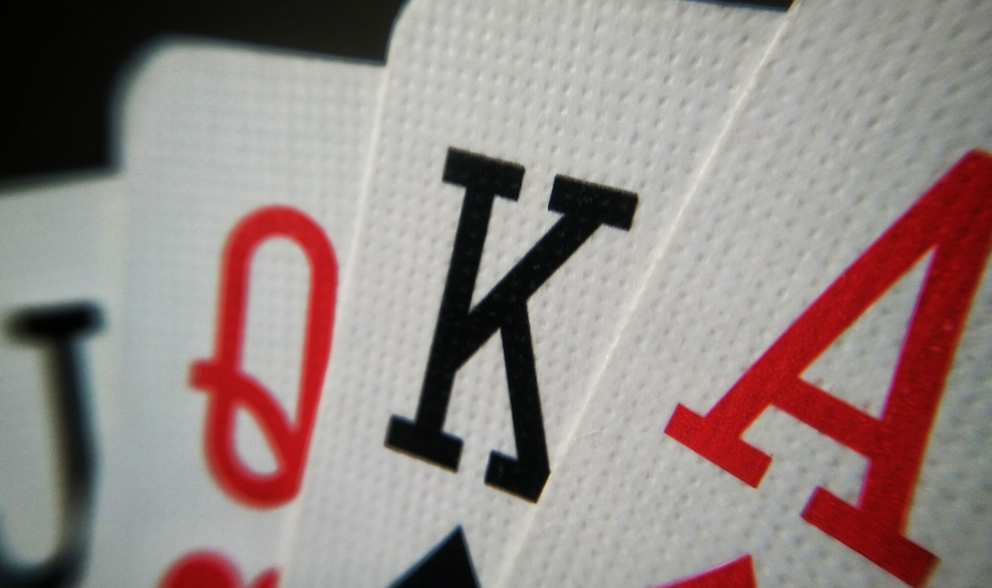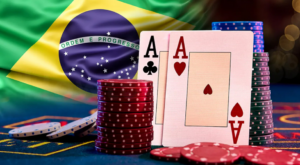
Common Mistakes to Avoid in having fun poker
There are several common mistakes that gamers make when attempting to bluff. Avoiding these mistakes can help improve your chances of effectively bluffing.
Over-committing to a Bluff
If you have actually dedicated a great deal of chips to a bluff and your challengers appear determined to call, it may be time to cut your losses and fold. Do not maintain tossing chips right into a shedding fight.
Bluffing Too Often or Too Rarely
Bluffing too often or rarely can both be harmful for your video game. Bluffing frequently can make your challengers more most likely to call your bluffs. Bluffing too rarely makes it easier for your challengers to read your having fun design.

Psychological Bluffing
A player’s feelings can easily obtain the better of them in Indian Poker hands. Do not let your feelings determine your bluffing strategy. Make certain that you’re production rational and tactical choices based upon the circumstance available.
Practice Makes Perfect
Improving your bluffing abilities takes practice. You need to be ready to take dangers and gain from your mistakes.
How to Test Your Bluffing Abilities
Practice having fun with friends or relative. You can also try having fun online free of charge. This will permit you to test out various bluffing strategies and see which ones work best for you.
Tips for Improving and Developing Your Bluffing Capcapacities
Study your challengers and attempt to enter into their goings
Practice and try out various bluffing methods
Take keep in mind of the board and how it affects your opponents’ hands
Constantly take note of your opponent’s activities and responses
Gain from your mistakes and change your strategy accordingly
Conclusion
Bluffing is an important ability in Indian Poker. By understanding the psychology behind bluffing, grasping various bluffing methods, knowing when to bluff, avoiding common mistakes in bluffing, and exercising, you can become an effective bluffer. Remember to play tactically and logically, and constantly understand of your opponents’ activities and responses. Best of luck!

